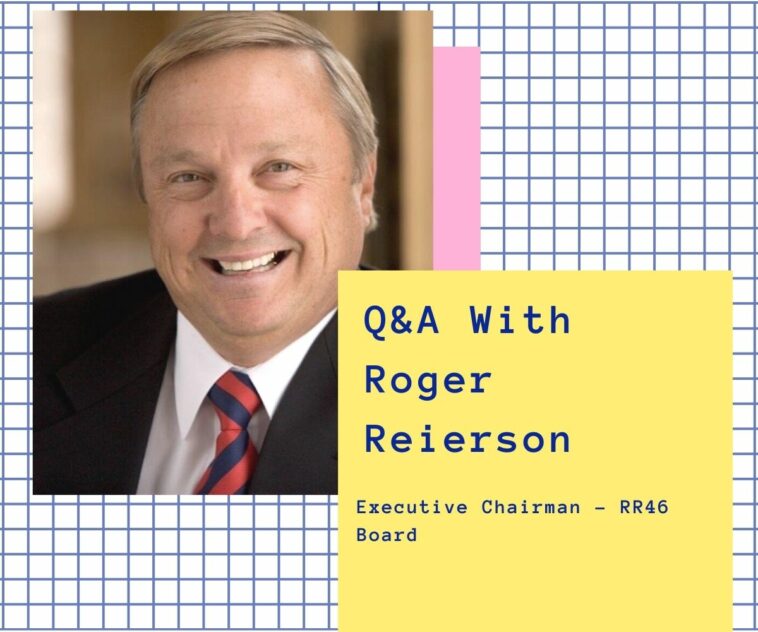Few people are afforded the breadth of perspective that Roger Reierson has over the agricultural industry. The Executive Chairman of the RR46 Board and 2011 National Agri-Marketing Association National Agri-Marketer of the Year Award is using his wealth of knowledge as the Agribusiness Committee Chair with the Fargo Moorhead West Fargo Chamber of Commerce. We sat down with him to learn more about the committee.
What does your day-to-day look like as the agribusiness committee chair?
As a committee, our job is to educate, inform and talk about initiatives that are happening in agriculture. This year, we plan to expand our reach by doing monthly meetings, podcasts and online conferences to zero in on specific topics where there is interest in the community.
Why did you want to get involved in this position?
I’ve been a member of the committee since it started. I’m also a past chair of the Fargo Moorhead West Fargo Chamber of Commerce. So, I’ve been involved with the chamber for almost 40 years now. We also have a lot of agricultural clients at Flint Group. So, I have a pretty good knowledge of agriculture and the agriculture sectors and their economic impacts.
Where do you see the ag space heading?
I think agriculture went through a couple of fairly rough years with trade issues and other factors like weather. Certainly, commodity prices over the last few years have not been favorable to agriculture. However, during the last six months, we’ve seen quite a better outlook for agriculture. A lot of areas have shown promise going into the next year. There are still some prices that are low, but agriculture is pretty resilient.
With new technologies, yields are up which helps a lot. Farming practices are much better and more efficient than in the past. We’re also really seeing an uptick in interest in autonomous farms.
You’ve had the opportunity to view agriculture through a number of different lenses that a lot of people don’t get the opportunity to look through. However, I have to ask, were you surprised by anything you were exposed to?
I can’t say there have been any huge surprises. However, through my position, I do hear some interesting topics of conversation from entrepreneurs. I’m seeing them do things that are new or new to me as far as how they fit into the ag world. They’re changing agriculture, making it more efficient and more economically driven.
In sort of that same light, and by that I mean talking about 360-degree view of the ag space that you have, is there anything you think growers should know that they don’t?
They’re a pretty smart bunch, I would turn that around the other way, I would say we need to learn more from the growers. We need to learn more about the things that they face every year and the new innovations that are coming to them.
I think the answer to the question that you originally asked is that it’s important for growers to understand what businesses are doing to help make agriculture successful in our community. I think the relay of information is a complimentary deal.
Is that line of communication between those two groups of people pretty open right now or are there some difficulties?
I would say it’s open when the opportunity arises. Certainly, there are certain times of the year where it’s very hard to get the actual grower to the table with how busy they are. However, if the time of year is right, we don’t get a lot of resistance from growers when we ask them to come to speak or participate.
What are some things as a community we can do to help out the causes you’re trying to put forward with the committee?
I think one of the things we could do a much better job of is starting to educate people at a younger age about the impact of agriculture. I know K through 12 schools don’t address agriculture much anymore.




